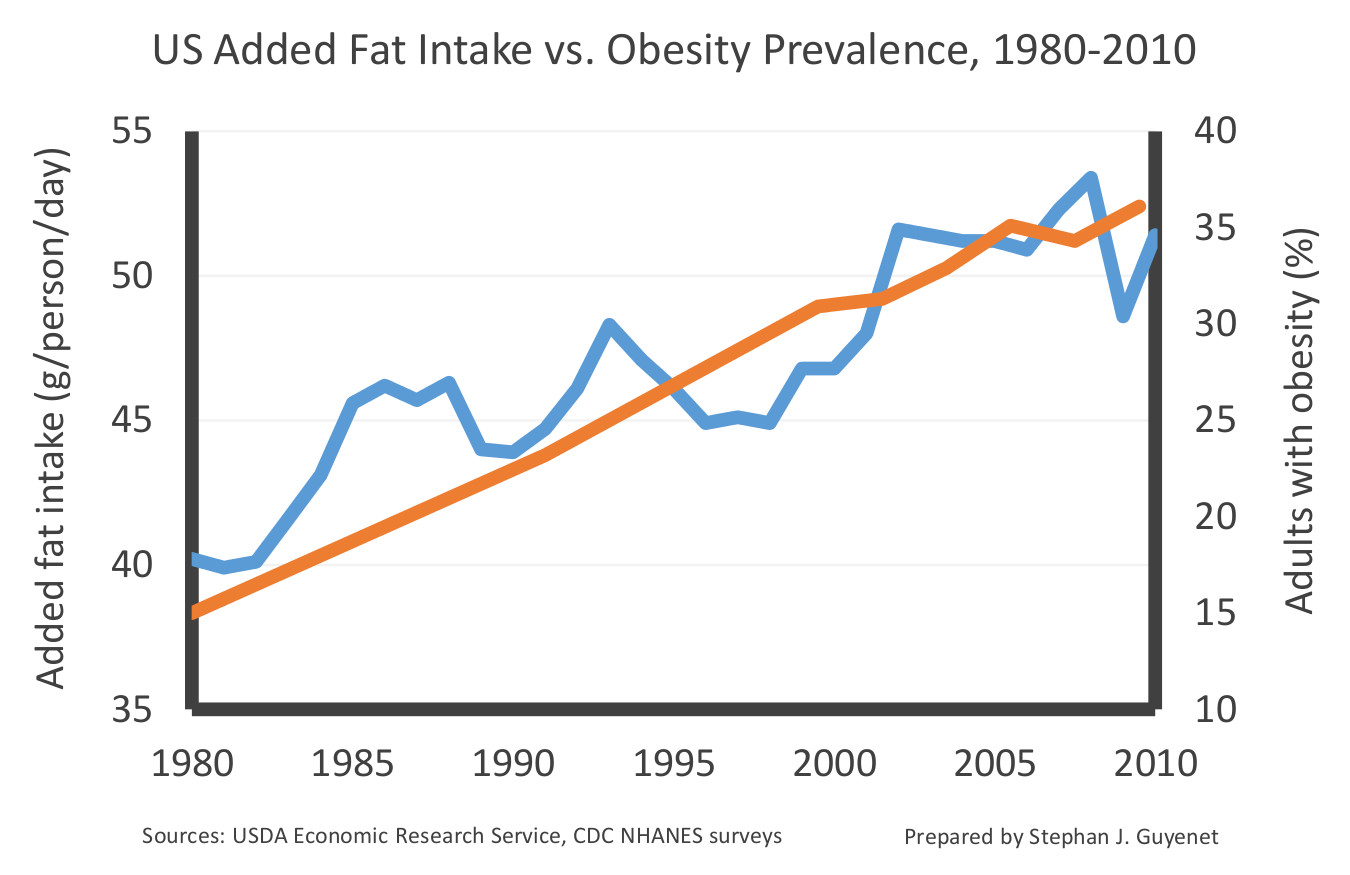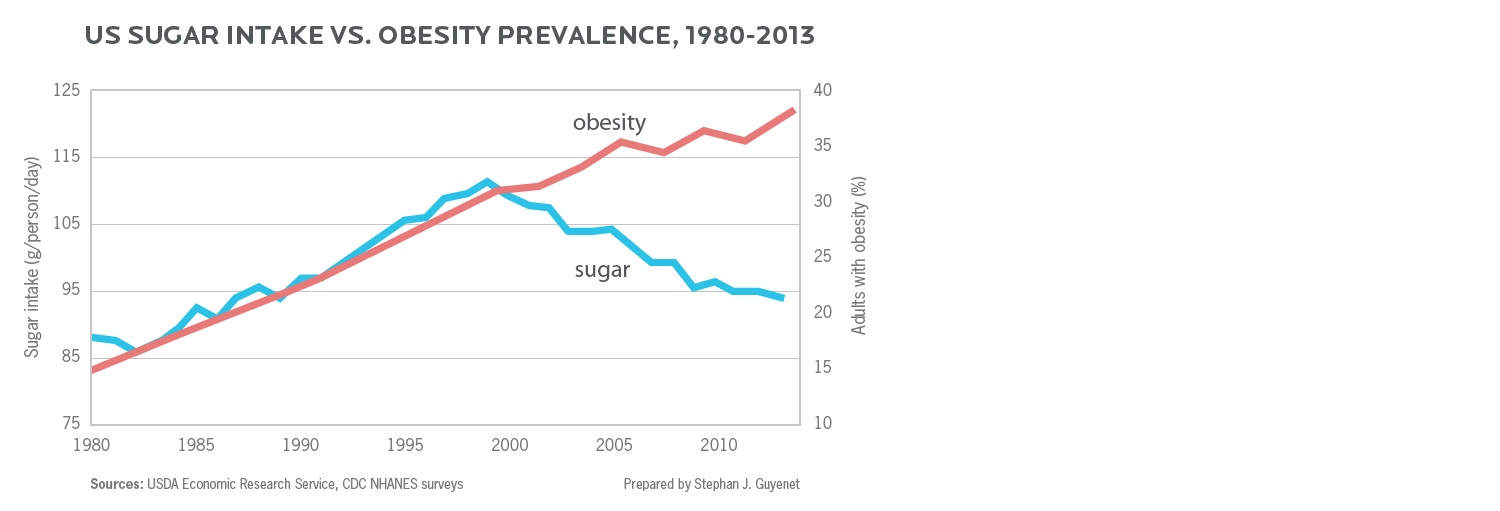80% is not an acceptable failure rate. So if you tell me that calories in/out + 'willpower' is the solution then I would reply that your solution has repeatedly and demonstrably failed to deliver and you need to go back to the drawing board.
I would agree with you overall, in the context of most Western societies.
If you look at what finally worked for him, it was diet
and resistance training. He swapped out treadmill for Crossfit. Whole foods for processed meal replacements.
LSD work by itself for losing weight simply does not pan out for many, neither does dieting by itself. Calories in/out + 'willpower'
+ real exercise is the best possible answer. And then those calories should be as much from whole foods as possible. Just look at how folks eat and live who do not struggle with their weight.
I would also say that most people simply do not take the time to develop an understanding of how many calories and of what rough proportion are the macros in the foods they're eating. Strange but true, if you asked the average person to estimate the calories in a slice of pizza or a sandwich in their hand, they won't be close, nor will they be able to tell you the rough macro breakdown, especially of processed foods. That is the beauty of eating mostly whole foods - it becomes comparatively easy to estimate calories and macros for any given meal.
I eat cookies, bread, pasta, drink milkshakes, beers, sweetened soymilk and skim dairy milk loaded with whey isolate and added carb calories. I have a pretty good idea how many calories are in the foods I eat because I read the label for pretty much everything. I should be bouncing between extremes of fatigue and sugar high, should be unable to moderate my body comp for all kinds of reasons according to this article.
And yet when I notice my jeans are getting snug or a little too much skinfold is hanging over the waist of my sweatpants, I have a rock-solid coping strategy...eat less. Don't put butter on my vege or rice, don't put big dollops of pesto sauce or extra parmesan on my pasta and put a smaller serving on my plate to begin with, don't eat that cookie after dinner, eat fruit or raw veg for snacks instead of ones that come out of wrappers or packages,
regard added fats and refined sugars as the condiments they are and use less of them.
And it works, every time. My pants become more roomy, definition around my abs returns, every time. It is only when my desire to make changes and willingness to occasionally feel a little hungry is not greater than dietary inertia or just not giving a hang does it continue to slide.
As @
LukeV pointed out we already know what works 100% - starving people are universally not overweight, but then they have had the willpower component forcibly eliminated from the program. Change the relationship to food, stop eating for pleasure, prioritize nutrition instead of flavor. Most people have no idea what this means unless they have deliberately attempted it, or had to maintain good health with very little money.


